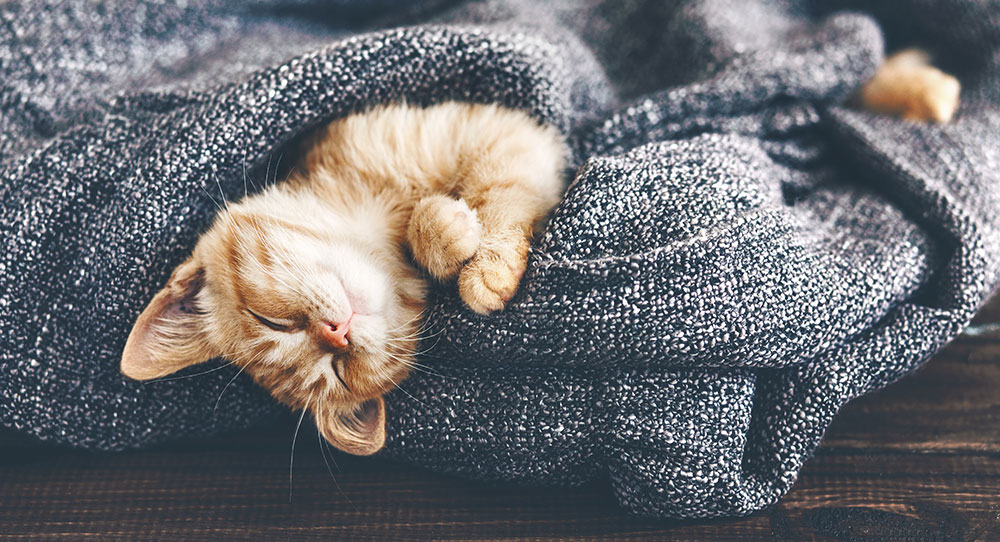Advertisement
3 Natural Sleep Aids to Calm Your Busy Mind
Rest easy tonight

If only your brain had an off switch, right? When your worries from the day keep you up at night, you’re not alone. Studies suggest that some problem sleepers just have hyperactive brains: their minds buzz with above-average activity all day and all night.
Unlike sleeping pills, which can have very sketchy side effects, natural sleep aids won’t knock you out. But they might be just the thing to calm your busy mind before bedtime. (Now where did I leave my keys?)
Advertisement
1. Melatonin
When the sun goes down, your pineal gland wakes up and starts producing melatonin. This natural hormone is what gives you that delicious drowsy feeling right before sleep. Sadly, when you snuggle up with your phone, tablet, or TV, the artificial lights mess with the release of melatonin.
What it does
Melatonin supplements trick your body into winding down for bedtime.
How to take it
A typical melatonin dose is 1 to 3 mg, but check with a health care practitioner if you’re not sure what’s right for you. Researchers recommend taking melatonin an hour or so before bedtime.
Who should use it
- Frequent travellers: If you’re a victim of jet leg, melatonin might help. Studies show that it can help you readjust your sleeping schedule during and after trips abroad.
- Shift workers: Melatonin has been shown to help people who work late nights get to sleep faster on their off nights.
- Busy thinkers: Melatonin might help calm your mind before bed. It may also reduce the time it takes you to fall asleep, though the jury is still out on whether melatonin can actually promote longer, more restful slumber.
Advertisement
2. Valerian
Hello, my pretty. The roots of valerian (which are not quite as pretty as the flower) have been used since ancient times as a remedy for insomnia.
What it does
Valerian is thought to mildly increase the amount of calming chemicals in the brain.
How to take it
Look for valerian as a tea infusion or in supplement form. It can be taken one to two hours before bedtime.
Who should use it
- Persistently poor sleepers: Studies suggest that valerian does improve sleep quality and may help you fall asleep faster—but there’s a catch. Valerian is shown to be most effective when taken for at least 28 days. So if you’re looking for a quick fix, this probably isn’t the sleep aid for you.
Advertisement
3. Camomile
Advertisement
Yes, you’ve almost definitely heard of this one. Camomile is a mainstay in all sorts of sleepy time tea blends.
What it does
Camomile calms the mind and soothes the nervous system.
How to take it
You can find camomile as dried flowers, as a liquid extract, and in packaged tea blends. For bonus points, make your own camomile tea.
- Place 2 to 3 tsp (10 to 15 mL) dried camomile flowers in a cup. (Use German camomile.)
- Pour hot water over top.
- Let sit for three minutes.
- Strain into another cup. (A tea strainer can be used to catch the camomile bits.)
- Add a touch of honey or lemon juice for flavour, and enjoy.
Who should use it
- Anxious sleepers: If the mere thought of bedtime ties you up in knots, camomile might be able to help. In the form of a liquid extract, camomile is a mild sedative that’s been shown to calm nerves and ease anxiety.
- Slight problem sleepers: Maybe your sleep issues are mild, and you’re just looking for a way to relax in the evening. If so, a cup of camomile tea before bed is a relaxing (and appetizing) choice.








